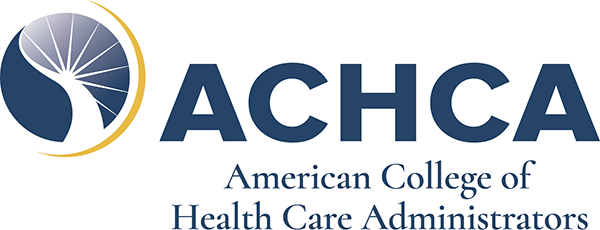Why Is My Revenue Dropping?
Skilled nursing facility (SNF) budgets have been stretched thin for years, with most providers cutting any unnecessary items from their expenses. However, some administrators are still seeing their revenue decreasing.
Many point to the two-year PDPM parity adjustment recalibration, continued effects of COVID-19, and inflation as the cause of decreasing SNF revenue. However, have you considered how managed care receivables, SNF Quality Reporting Program (QRP) outcomes, and ranking in the SNF Value Based Purchasing (VBP) program may be impacting your bottom line? These often-overlooked factors may reveal opportunities to increase income.



